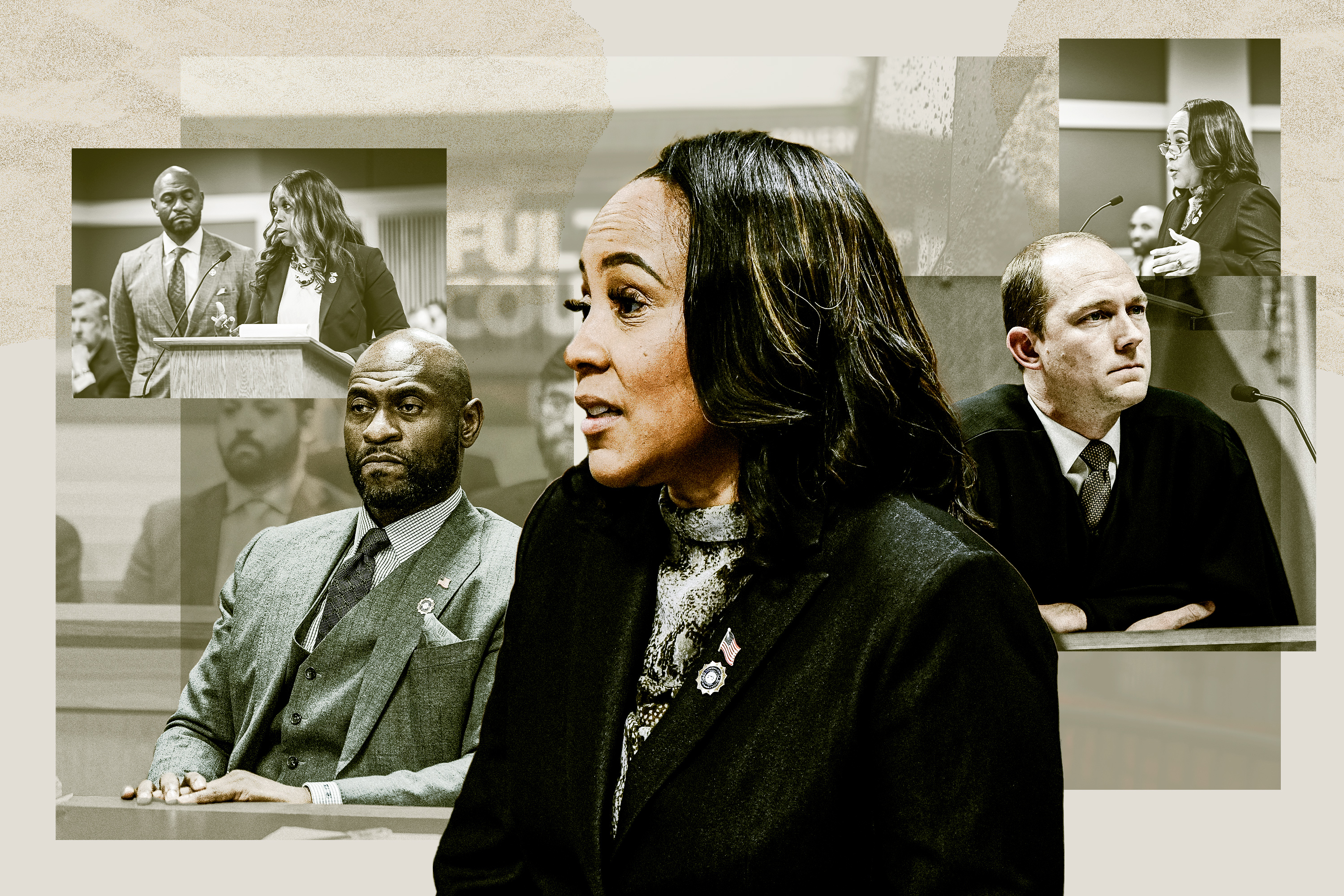The high-profile racketeering case that names former President Donald Trump and 14 others as defendants has taken an increasingly personal turn toward the woman who brought the charges, Fulton County District Attorney Fani Willis.
Ms. Willis may testify on Feb. 15 about her relationship with a special prosecutor she appointed to take the lead on the case alleging 2020 election interference. The judge will hear from other witnesses first, and Ms. Willis may not need to testify if he determines he can make a ruling without it. The hearing has been scheduled to continue on Feb. 16.










